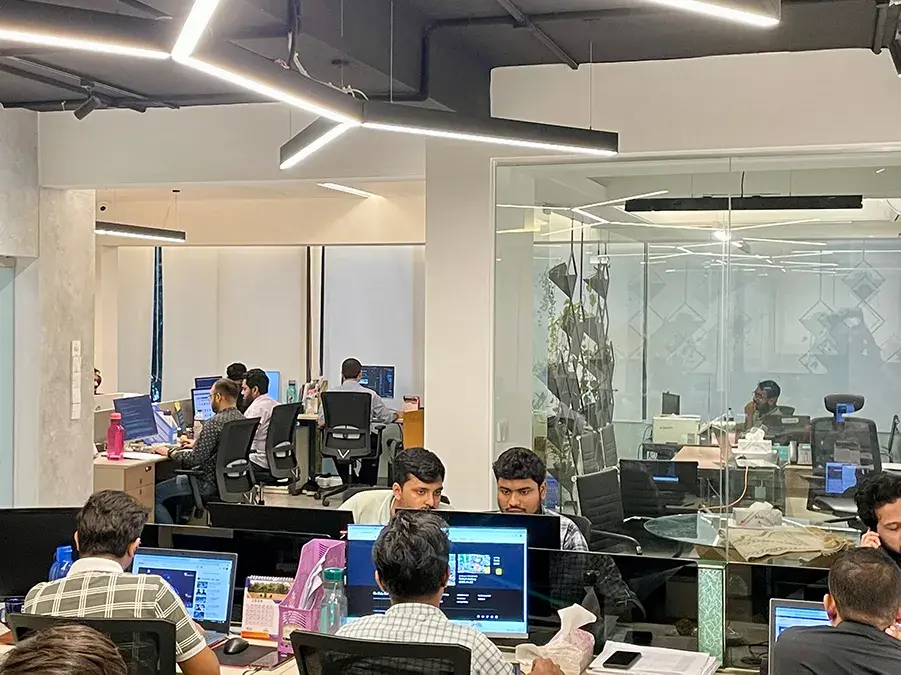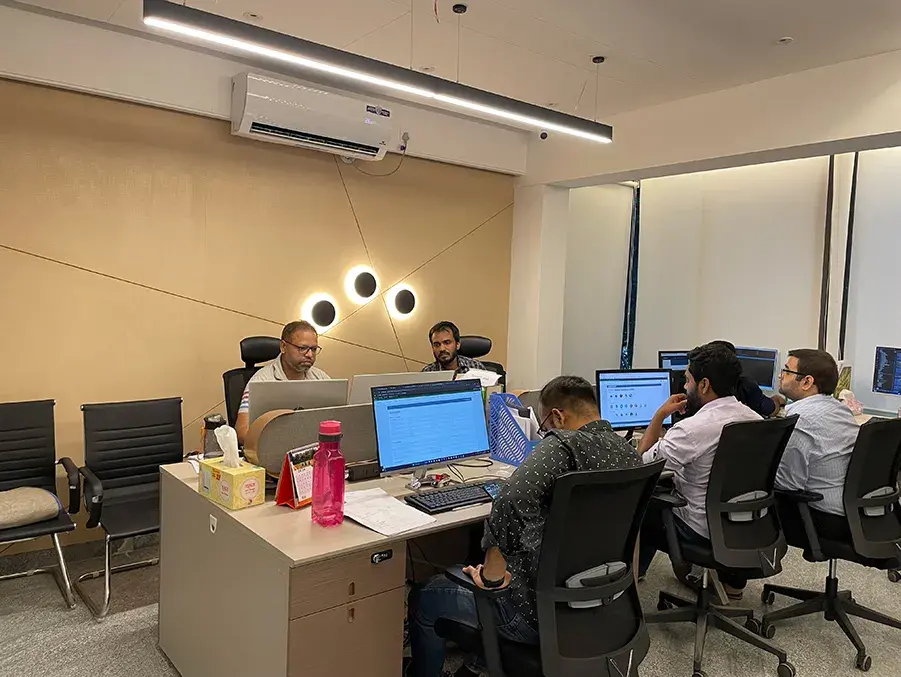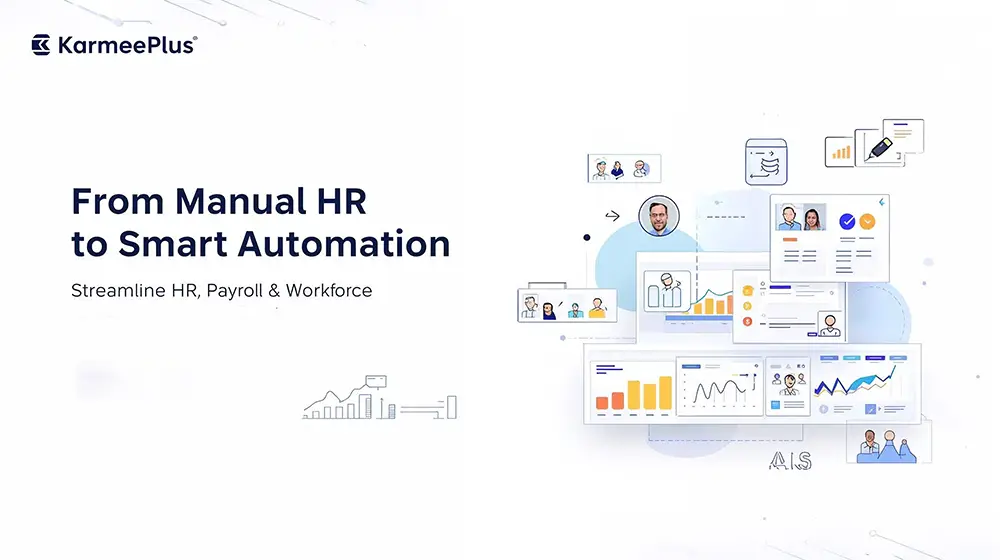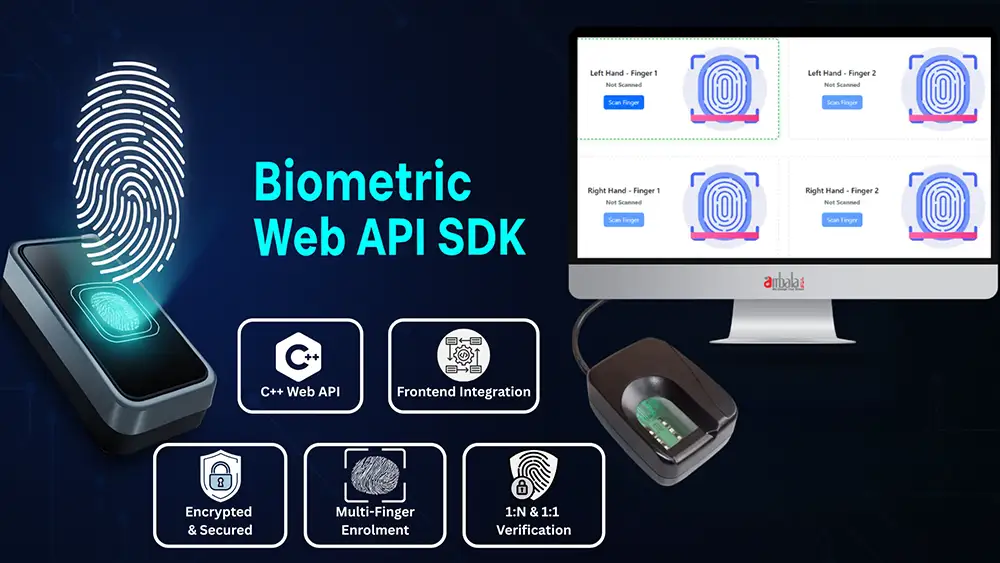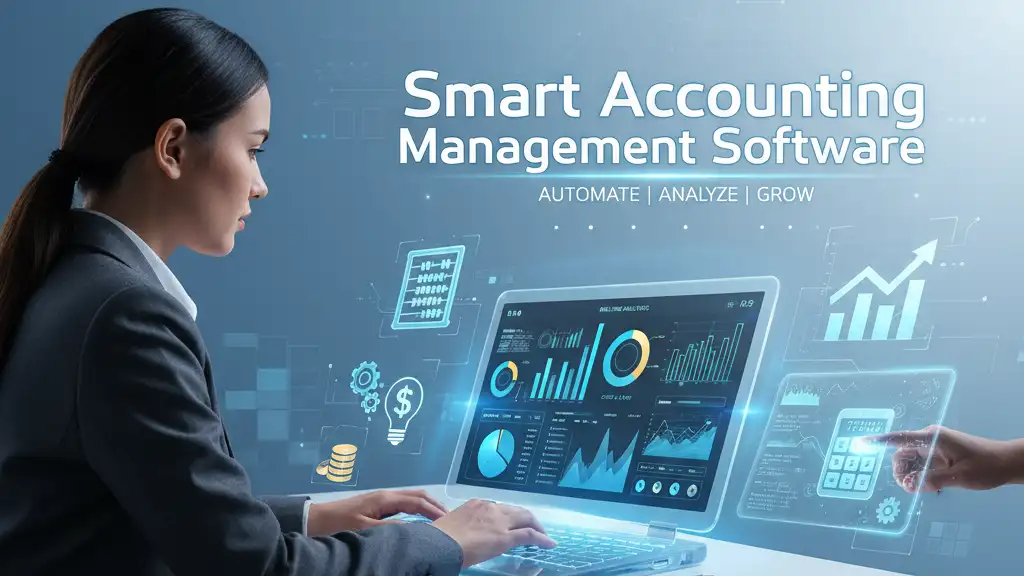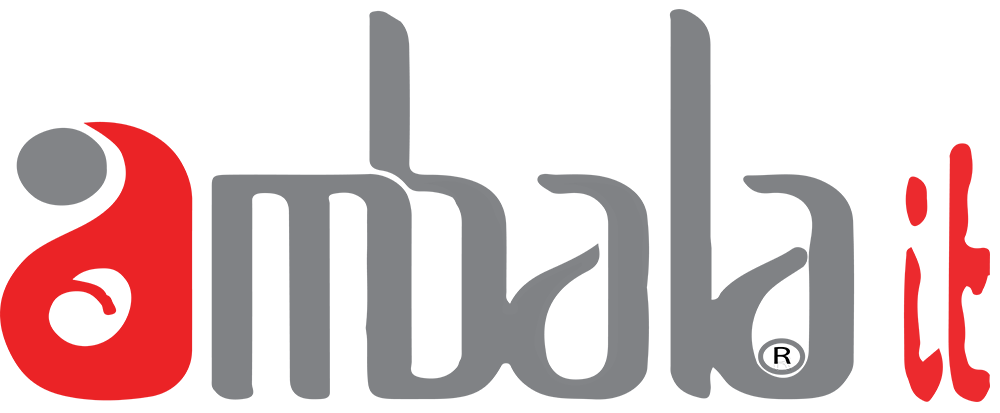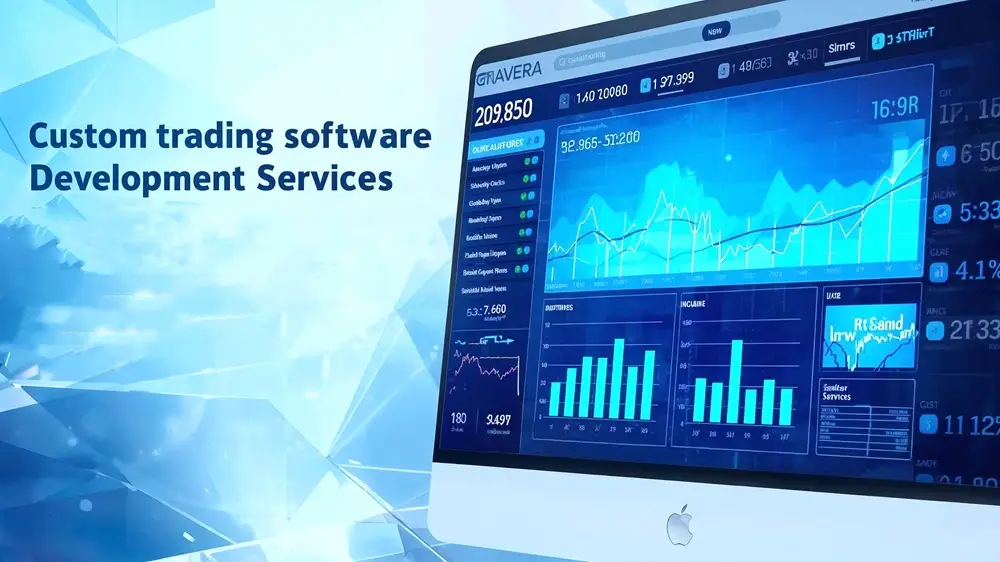
Custom Trading Software Development Services in 2026: Features, Cost & Benefits
In the fast-paced world of finance, trading has become more digital, data-driven, and automated than ever before. By 2026, custom trading software development services will be at the heart of brokerage firms, hedge funds, and individual traders who want to stay ahead of market volatility and leverage AI-driven strategies. Unlike off-the-shelf platforms, custom-built trading solutions give businesses the flexibility, scalability, and performance they need to compete in today’s global financial markets.
In this guide, we’ll explore the key features, development costs, and business benefits of custom trading software in 2026.
What is Custom Trading Software Development?
Custom trading software is a tailored solution designed to meet the specific requirements of brokers, asset managers, fintech startups, or individual traders. Unlike generic trading platforms, these solutions are built to:
- Support stock, forex, crypto, and commodity trading.
- Integrate with real-time market data APIs.
- Offer automated trading strategies (algorithmic trading).
- Ensure security, compliance, and risk management.
As financial markets become increasingly complex, customization enables traders to execute trades more efficiently, minimize errors, and comply with international regulations.
Key Features of Custom Trading Software in 2026
Here are the must-have features modern trading systems provide:
- Multi-Asset Trading Support: Stocks, forex, futures, options, and cryptocurrencies.
- AI & Algorithmic Trading: Automated buy/sell execution based on market conditions.
- Real-Time Data Integration: Live market feeds from NYSE, NASDAQ, Binance, and other exchanges.
- Advanced Charting & Analytics: Technical indicators, candlestick charts, and predictive analytics.
- Risk Management & Compliance: Automated alerts for regulatory compliance.
- High-Frequency Trading (HFT): Millisecond-level execution for large volume traders.
- Mobile Trading Apps: Secure iOS and Android apps with multi-factor authentication.
- Custom API Integration: Seamless connection with CRM, ERP, and third-party fintech apps.
Cost of Developing Custom Trading Software in 2026
The cost of trading software development depends on project complexity, technology stack, and features. On average, here’s what we charge:
- Basic Trading Platform (Web + Mobile): $5,000 – $10,000
- Mid-Level Custom Solution (AI, APIs, Mobile Apps): $15,000 – $25,000
- Enterprise-Level Trading Software (Multi-asset + HFT + Security): $25,000 – $60,000+
Benefits of Custom Trading Software
- Full Customization: Build a platform that matches your trading strategy and market niche.
- Enhanced Security: Advanced encryption, KYC, and AML compliance reduce fraud risks.
- Faster Execution: Optimized infrastructure supports real-time transactions and high-frequency trading.
- Regulatory Compliance: Meets requirements from SEC, FCA, MAS, or local regulators.
- Scalability: Add new features, asset classes, and APIs as business grows.
- Competitive Advantage: Tailored features help you outperform competitors using generic platforms.
The Future of Trading Software Development
By 2026, trading platforms will shift toward AI-first architectures, blockchain-powered settlements, and automated cross-border compliance. With the rise of quantum computing, security and encryption standards are also evolving rapidly. Businesses that invest in custom trading software today position themselves for long-term growth and adaptability in the ever-changing global market.
Building custom trading software in 2026. Contact us

